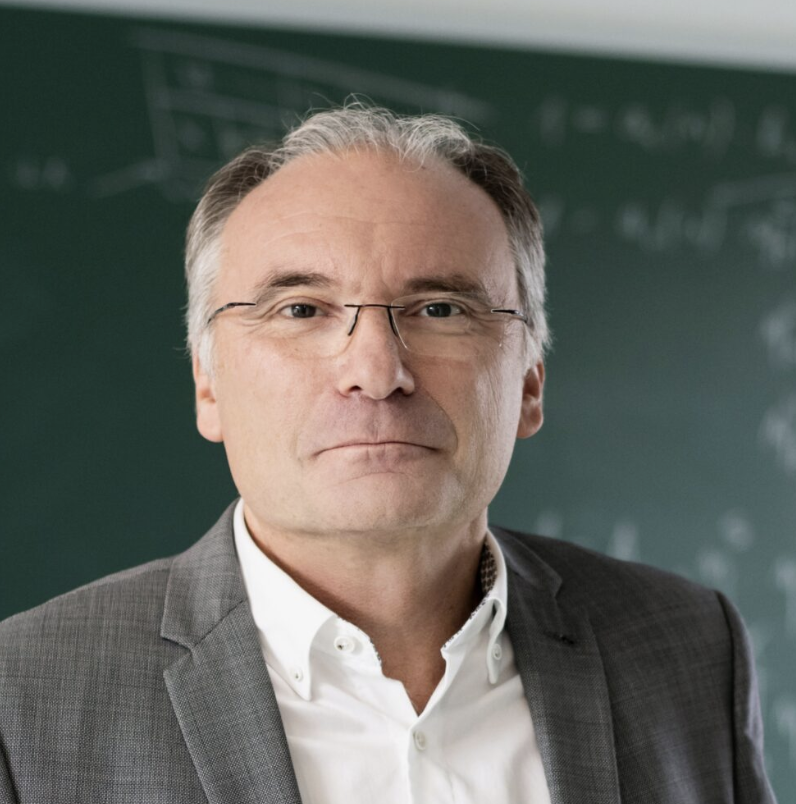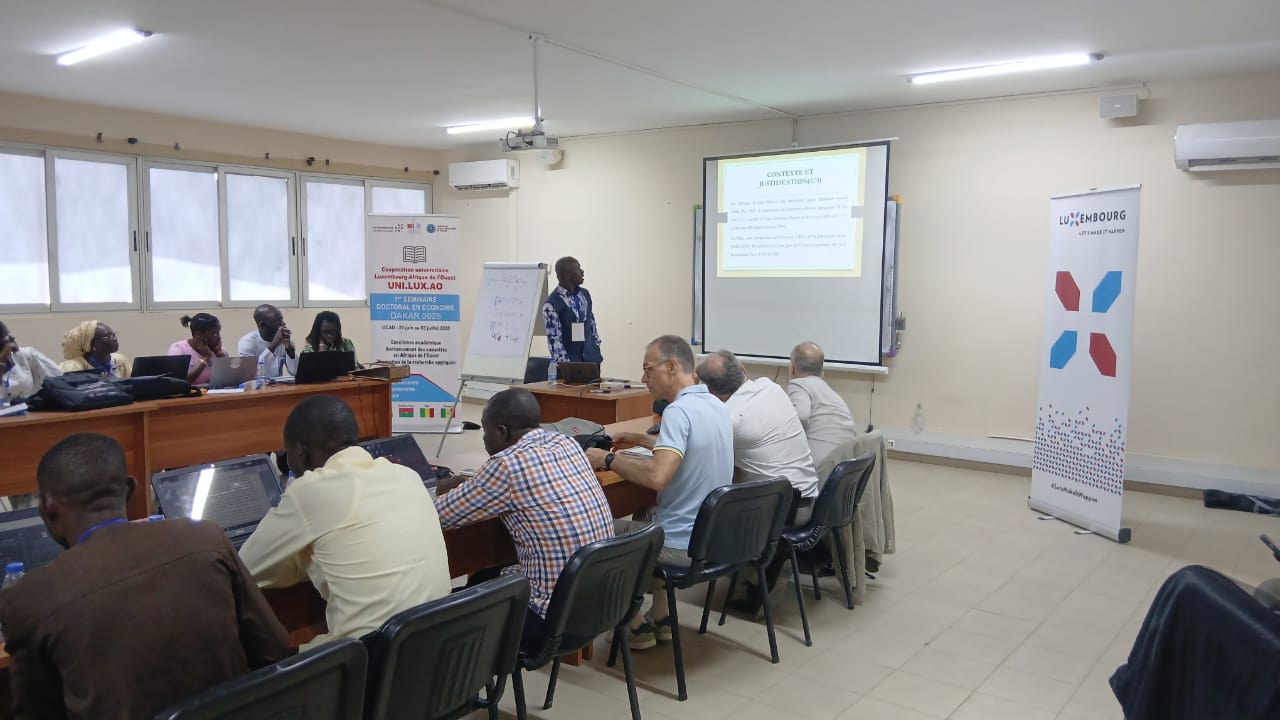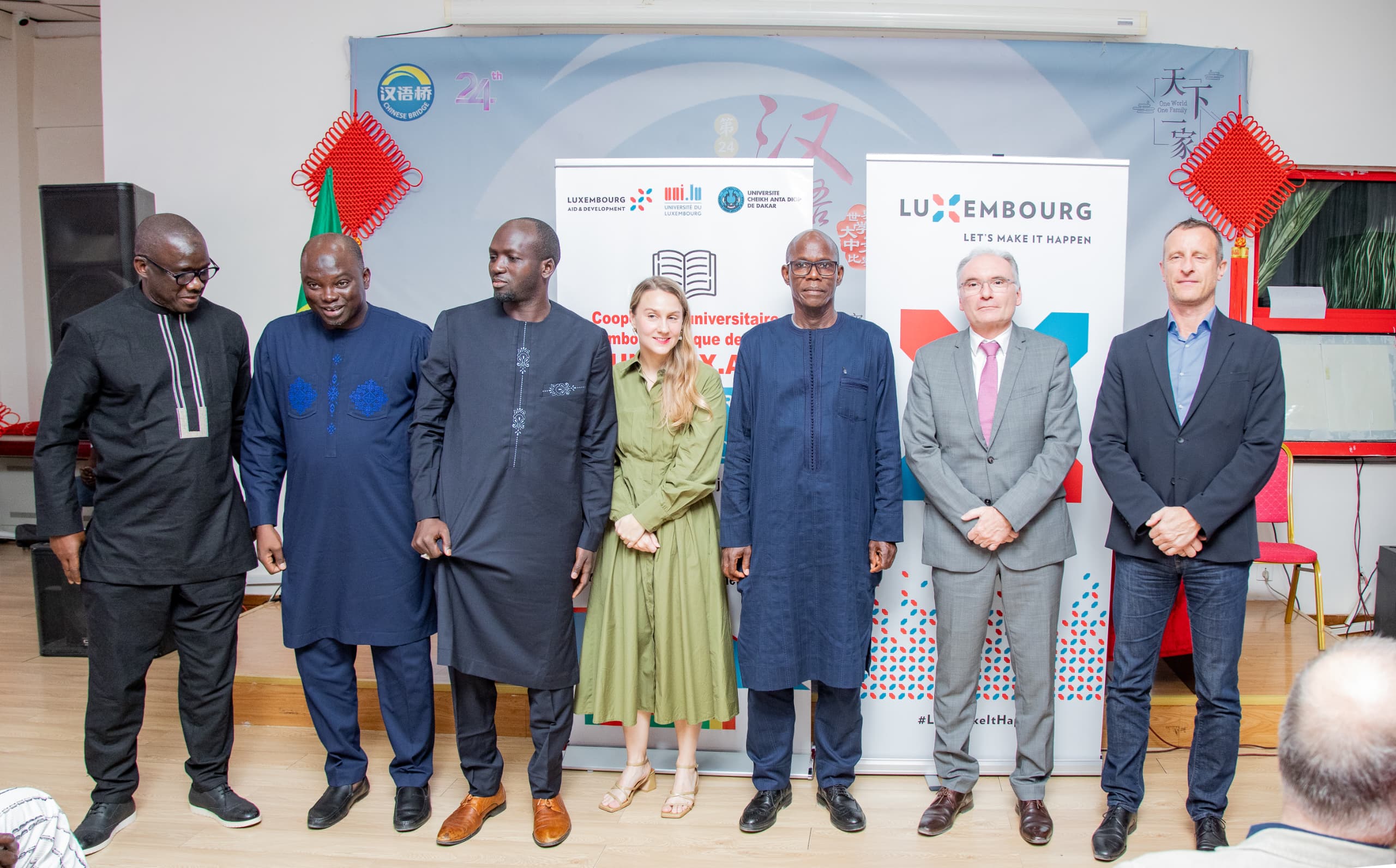Professor Arnaud Bourgain is happy to be setting foot in Africa for University Cooperation once again. Associate Professor within the University of Luxembourg’s Department of Economics and Management, he has spearheaded the Interuniversity Cooperation in Mali since its founding in 2011.
After a decade of working together directly to develop doctoral education in law, along with Professor David Hiez, and economics at two universities in Bamako (Université de Sciences juridiques et politiques, and Université des Sciences sociales et de gestion) increasing political instability in the region led to the shuttering of the project in 2022.
However, the idea of fostering connection and inspiring young doctoral researchers in this region of the world has not lost any steam. In 2024, the Luxembourg Ministry of Foreign and European Affairs, Defence, Development Cooperation and Foreign Trade and the University of Luxembourg signed a three-year agreement establishing the Regional Interuniversity Cooperation Agreement – West Africa (Projet régional de Coopération interuniversitaire Luxembourg – Afrique de l’Ouest).
This initial agreement provides support to doctoral researchers in law and economics. Luxembourg Cooperation partner countries in West Africa (Benin, Burkina Faso, Mali, Niger, Senegal and Cap Vert), Through the organisation of seminars, workshops and conferences in Sénégal (Dakar and Saint-Louis) and Bénin (Cotonou) for reseachers across West Africa, as well as complementary teaching of research methodologies locally in Bamako. Prof. Bourgain is joined by Associate Professor Thomas Mastrullo, expert in commercial and international business law, along with a team of Luxembourg-based researchers.
With a strong focus on Development Economics and an interest in African economies, Prof. Bourgain understands the unique challenges faced by young academics in the region. The organisation of seminars, such as the project’s inaugural Doctoral Seminar held in Dakar in June 2025, allows the researchers to meet peers while learning new research techniques and methodologies. “The project will help the doctoral students build their networks,” he explains. “They will be able to meet others who are doing similar work and find professional and personal connections. We are helping to create a robust academic community.”
“The seminar helped us build a network and exchange with researchers from abroad,” explains Moctar Gassama, a PhD student at the Cheikh Anta Diop University in Dakar, Sénégal. “It also allowed us to identify new research opportunities.” For students, such as G. Crépin Azonsode, studying at Parakou University in Benin, the academic seminar can also be a way to confirm their interest in the subject. “Participating reassured me of my choice to continue to my research in economics,” he says.
“Through the new project, we are focusing on supporting West African doctoral students, regardless of their university affiliation. We hope to help provide opportunities for these motivated and bright students to learn new things and meet new people.” Prof. Bourgain also sees the project as a way for the doctoral researchers, who often are entrusted to teach in lower levels, to impart their knowledge and skill on their own Bachelor and Master students.
While the impact of projects of this nature is often difficult to evaluate in a quantitative way, Prof. Bourgain cites the high quality of doctoral theses and the acceptance of articles for publication in internationally recognized journals among ways to measure the success of the project. In Mali, a doctoral student’s paper was accepted for publication in the highly regarded European Economic Review, something that would have been very difficult had the student not benefitted from mentoring and academic opportunities provided by the project.
The early career researchers cite exposure to different research methodologies and ways to collect and analyse data as a key takeaway of the seminar. “This seminar helped to strengthen my knowledge of research methodology,” says Issoufou Ouedraogo of Norbert Zongo University in Koudougou, Burkina Faso. He also acknowledges how such events could prove useful in future. “I still have gaps in my knowledge of methodological approaches in macroeconomics, and I think that similar seminars, incorporating applied work on macroeconomic data, could help me,” he states.
‟ “In terms of the United Nations’ sustainable development goals, what we are doing here is capacity-building. We are contributing to Goal 17: Strengthen the means of implementation and revitalize the Global Partnership for Sustainable Development by helping reinforce competencies in Law and Economics.”

Associate Professor
In West Africa, where the population is young and development fast paced, having home-grown experts is vital. The doctoral researchers who attended the June seminar are working on important topics of local and global relevance such as climate change public finances and employment.
For the future, Prof. Bourgain hopes that the project will allow universities across West Africa to develop their academic communities and pave the way for young talent to fully realise their potential.



